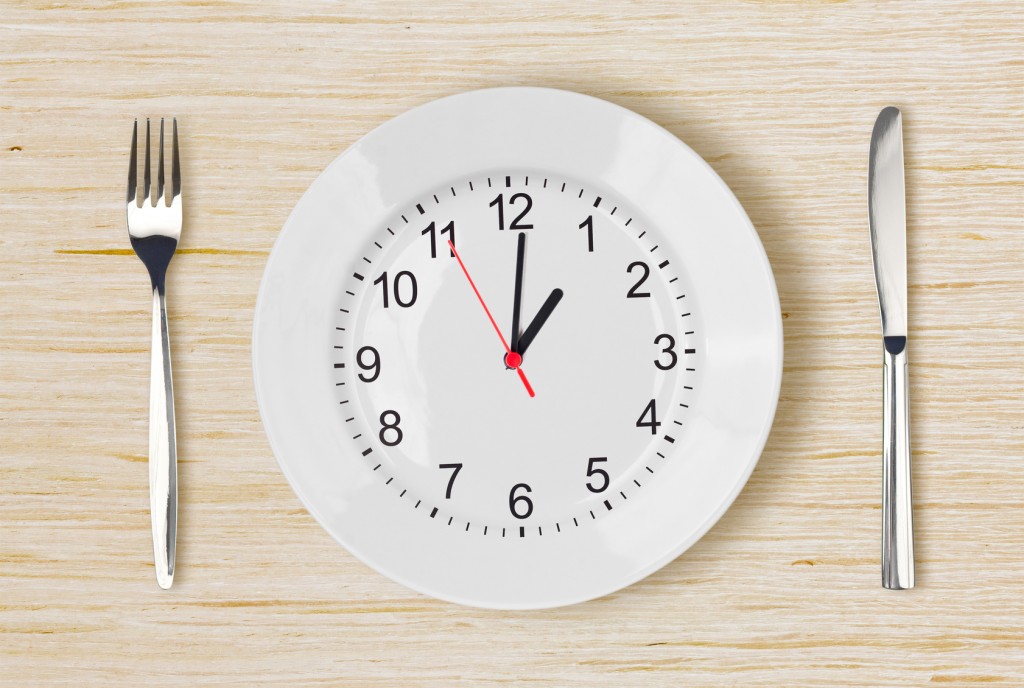As demonstrated in a 2012 meta-analysis in the American Journal of Clinical Nutrition, combining protein supplementation with resistance training clearly enhances strength and muscle for participants of all ages and experience levels.
But what doesn’t seem to be clear, is when that protein should be consumed in relation to an exercise session. With strength coaches, physique experts, and online resources never giving us a straight answer, and/or often giving contradictory advice:
“Consuming amino acids before is ideal (pre-workout).”
“During (peri-workout) is the best.”
“Immediately after (post-workout) for sure.”
“You want protein before and after (1, 2).”
“It makes no difference.”

So, who do you believe?
Well, fortunately there was a review in 2013 in the Journal of the International Society of Sports Nutrition that analyzed 43 studies to determine the affect of protein timing on muscle and strength gains, and produced results to:
“…refute the commonly held belief that the timing of protein intake in and around a training session is critical to muscular adaptations.” – Schoenfeld, Aragon & Krieger, 2013, JISSN
The researchers found that consuming adequate protein in combination with resistance exercise is enough, and there is no significant difference between consuming your protein within 1hr of working out, or greater than 2hrs after.

But that being said, what seems to remain constant throughout the available evidence, is that:
Training fasted should be treated differently than training fed.
This is because exercising within a few hours of eating, or immediately after, means circulating amino acids and less urgency on a post-workout protein bolus. While fasted training (ex: first thing in the morning before breakfast, or greater than 3hrs since your last meal), on the other hand, seems to result in a post-workout environment that favors muscle protein breakdown (1, 2) if amino acids are not consumed within 60-minutes.
For instance:
Research from 2003 in the journal Medicine and Science in Sports and Exercise suggests that MPB (muscle protein breakdown) is slightly elevated at 60min after resistance training and continues to rise until it results in a negative protein balance at 195min.
Keeping in mind (of course), that in most cases this isn’t going to happen – since no one does heavy resistance training at 6am and avoids eating until 10am. But, it’s an important point to understand…

With respect to your post-workout carbohydrate (‘good starch’) intake, it appears the timing after resistance training is also somewhat conflicting. Some research discusses a supercompensation effect of glycogen stores immediately after exercise, which can be reduced by 50% if we delay our glucose reload by 2hrs or more. While other evidence seems to suggest that glycogen replenishment 2hrs after exercise is identical to immediate consumption (1, 2, 3).
Either way, it seems you should treat your ‘good starch’ reload the same way you treat your protein.
When training fasted, it’s urgent. When training fed, it’s not.
Stay Lean!
Coach Mike
RELATED ARTICLES:
Why Protein After Resistance Training?
The Problem With Meal Replacement Shakes
